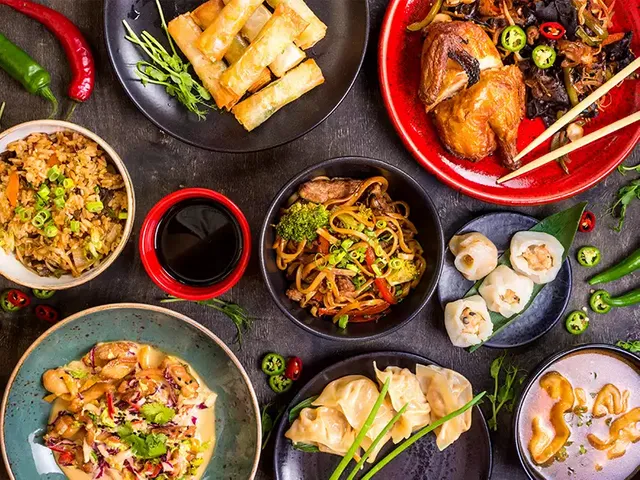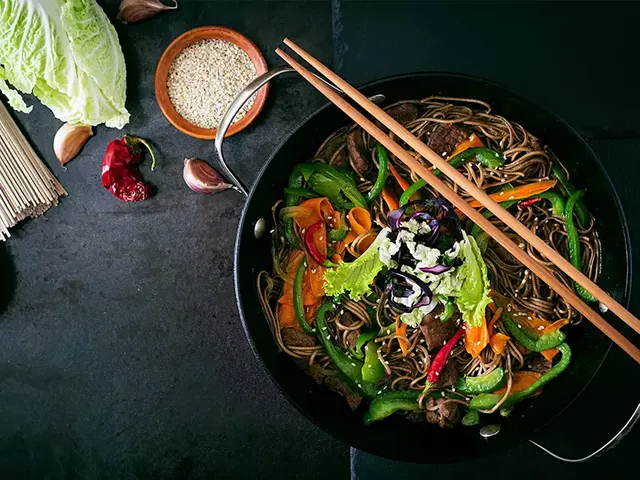1.An overview

Do you know the difference between continental and oriental food? Every cuisine in the world has its own identity and speaks for the region, tradition, and culture it belongs to. According to Vaibhav Bhargava, corporate chef, Molecule Air Bar, "A cuisine is a style of cooking characterized by distinctive ingredients, techniques, and dishes and usually associated with a specific culture or geographic region." He further says, "Though there can be similarities in terms of ingredients and method of preparation, that doesn’t mean that they have the same origin, for instance, oriental and continental food." People often consider continental and oriental food as one kind, but, in reality, they are different and the basic difference lies in the regions they are prepared and belong to. Scroll through to know the key differences between continental and oriental cuisine and their USP.
- What is Oriental food?

Oriental food refers to dishes made and consumed in Southeast Asian countries. Dishes of Chinese, Korean and Japanese cuisine fall under the category of ‘Oriental food’. Their dishes have lots of spices and dry ingredients like apricot and plum. According to celebrity chef Akshay Nayyar, "Primary cooking techniques in oriental cooking includes stir-frying, boiling and quick frying. Fermented sauces and pickled products are widely used in such foods."
- What is Continental food?

Continental food refers to dishes made and consumed in European countries. Dishes of French, Spanish and Italian cuisine fall under the category of ‘Continental food’. The key specialty of this food is, they concentrate more on ingredients like olive oil, wine, herbs and minimal spices. Akshay adds, "Continental food involves cooking techniques like frying, roasting, and baking. Also, the food is rich and usually high in calories."
- Source of influence

According to Ajay Saha, chef, “Oriental food is highly influenced by Asian cooking practices, while continental food traces its origin from the European cooking procedure.”